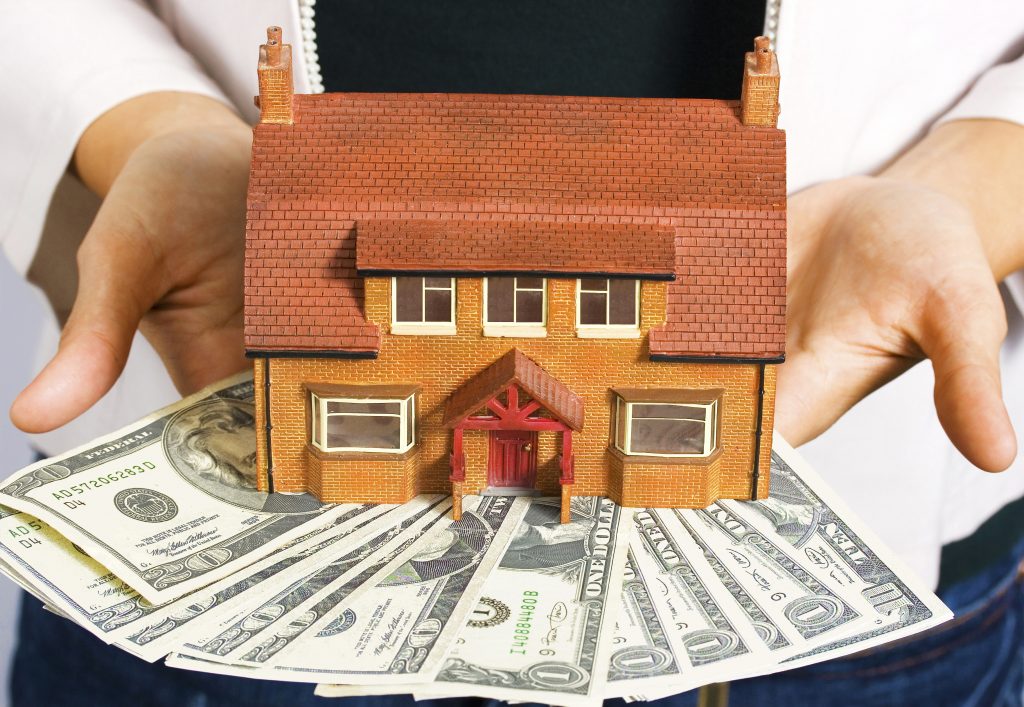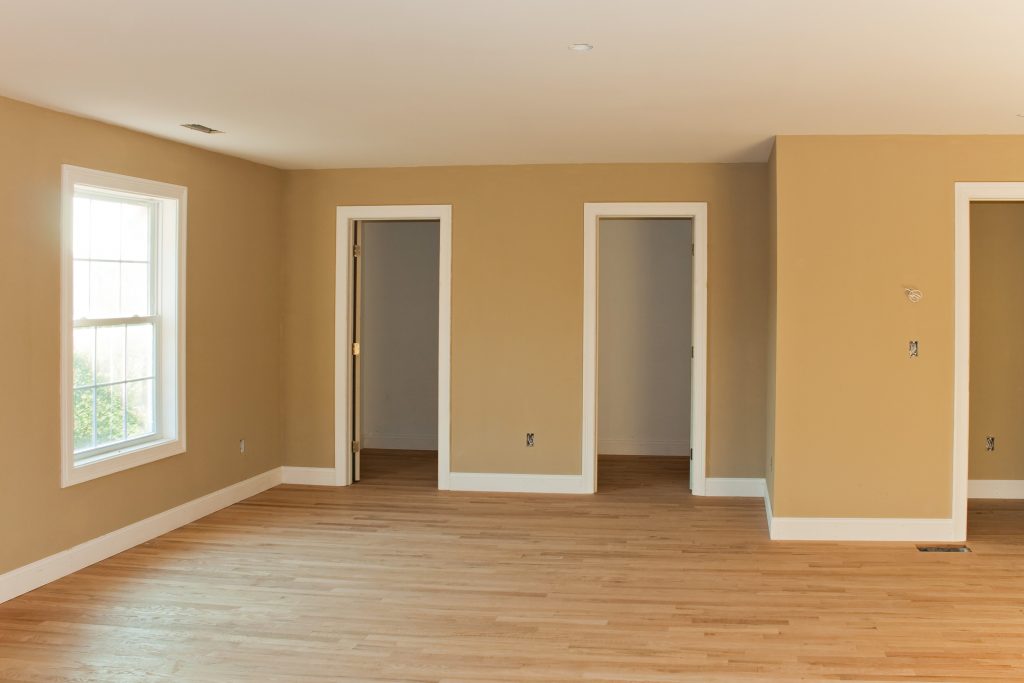I want to sell property or rent

Doubts between to sell property or rent?
Still haven’t decided what to do with your house? If you doubt between to sell property or rent it, don’t worry, below we offer you the advantages and disadvantages of each modality so that your choice is the best one.
Advantages of renting
- The property remains your property so you keep your assets.
- The procedures for its maintenance are not complicated.
- Since the house is occupied, you prevent it from deteriorating.
- You can use it as collateral for a possible bank loan.
- A home is an asset that appreciates.
- With the money you get from your rent, you can pay the mortgage – if you have it, and other property expenses.
- You always have the possibility to sell it if you need it.
Advantages to sell property

- You will probably get significant capital gains.
- You are exempt from all responsibility in sell property.
- You have money to reinvest in another house.
Disadvantages of renting
- You have to invest to condition the house (improvement works, appliances, etc.)
- The minimum rental contract is five years.
- You will not be able to evict the tenants before the end of the lease.
- You have responsibility for damages to the property and those caused by your house.
- You must maintain relationships with the tenants and with the neighbors of the community.
- Community expenses and spills are paid by you.
- You have to be aware that the tenants take care of the house and comply with the rules of the community.
- The rent increase (in line with the CPI) is never equal to the market price increase.
- The rent you receive is an income for which you have to pay taxes.
- It is convenient to have the costs of insurance.
Disadvantages to sell property
- It is a complicated process that requires a lot of steps.
- If you have a mortgage, you have to pay the cancellation fees.
- The increase in equity (generated by the sale) if you do not reinvest it, you will have to pay an important part of the estate.
- You will have to take charge of the capital gain, which is the difference in the value that the land of your house has acquired since you bought it.
What is my house worth?

When you decide to sell property, the price is an important element to take into account. These are some references so that you can value to sell property.
- The cadastral value. In order for the city council to charge you the real estate tax (ibi) annually, it has had to previously calculate the cadastral value of your home. For this, it has been based on the meters, the location, and the plant. Although this is lower than the market price, it can serve as a reference.
- The bank’s appraisal if you applied for a mortgage. Although it is higher than the cadastral value, it is also a price below the market price, since banks tend to value downwards.
- You can turn to real estate agencies. After giving you a price, you can work with them exclusively or not. You have to know that if you decide to work with them, the price will increase from 3% to 5%.
- You can also orient yourself through a home in your area and with similar characteristics, which has recently been sold. The price will give you a real orientation of how the market is.
The papers in order
So that there is no doubt and you can prove that you are the owner of the house, it is necessary that you have:
- The deed of sale of the house
- Property registration data
- A plan of the house and its location
- The description of the property indicating its useful area, and the general description of the building where it is located, the common areas, and other services
How to treat each type of buyer to sell property?
If you have decided to put to sell property, you may find yourself with several types of buyers who are interested in it.
- There are those who will never buy. The tranquility characterizes them. They waste all their time looking at houses and the comments they make are trivial and insignificant. The best thing is that you get rid of them.
- There are insecure buyers who are those who make several visits accompanied by different people to find out their opinion about the house since they have little confidence in their decision-making capacity. These are the truly interested ones and therefore you should speak to them with confidence.
- There are also overly determined. They use the tactic of disqualifying to sell property by comparing it to others. They ask you a lot of questions about the building’s infrastructure as if you were a developer. They take the reins of the negotiation offering you amounts, terms, and conditions that have nothing to do with what you had planned. Do not get carried away by their comments and do not give in to what they ask of you.
Get ready to sell property
The first thing you have to do to sell property, once you and the buyer have reached an agreement, is to sign a sales contract where it appears clearly:

- The full names of both parties.
- The exact description to sell property that is sold: situation, measurements of the house, etc.
- The status of the charges, if any.
- The price of the house in both figures (numbers) and letters. Also, specify the amount that is delivered as a signal at that time and that will be deducted from the agreed total.
- The date on which the public deed will be made before a notary.
- The way of payment until completing the total price.
- The date on which you will deliver the keys (never before receiving all the money).
The most used form in the sale of second-hand homes to commit both parties is the deposit or signal contract, which is like a payment on account that, therefore, will be later deducted from the price to pay. It is a commitment, although not final since both the buyer and the seller can back out at any given time, but when indicating that the contract is a deposit, it will automatically be governed by the provisions of the Civil Code. In the event of non-compliance, the seller must return to the buyer twice the amount delivered, and if it is the buyer who gives up, for whatever reason, he will lose the amount delivered.
Once this deposit contract exists, and without delay, we must go to the notary and raise the commitment to a public deed of sale, with the corresponding total payment of the agreed price. When you go to notarize, make sure that you meet the following formal requirements
- DNI.
- Proof of the property.
- The contract of sale agreement that has been established between the buyer and you, and where the signal you have received appears
- The last transmission deed of the farm.
- A document that proves that you are up to date with the monthly payments of the community.
- The last receipt of the real estate tax (ibi).
The public deed is the document that gives official character to the contract and agreements reached between the two parties and that is signed by a notary who gives public faith to the document. In writing it will be reflected
- DNI.
- Description of the property.
- Total price.
- Way to pay.
- Loads that affect the home.
- The delivery date of the property
- Criminal clauses that penalize both the buyer and the seller in the event of any breach.






